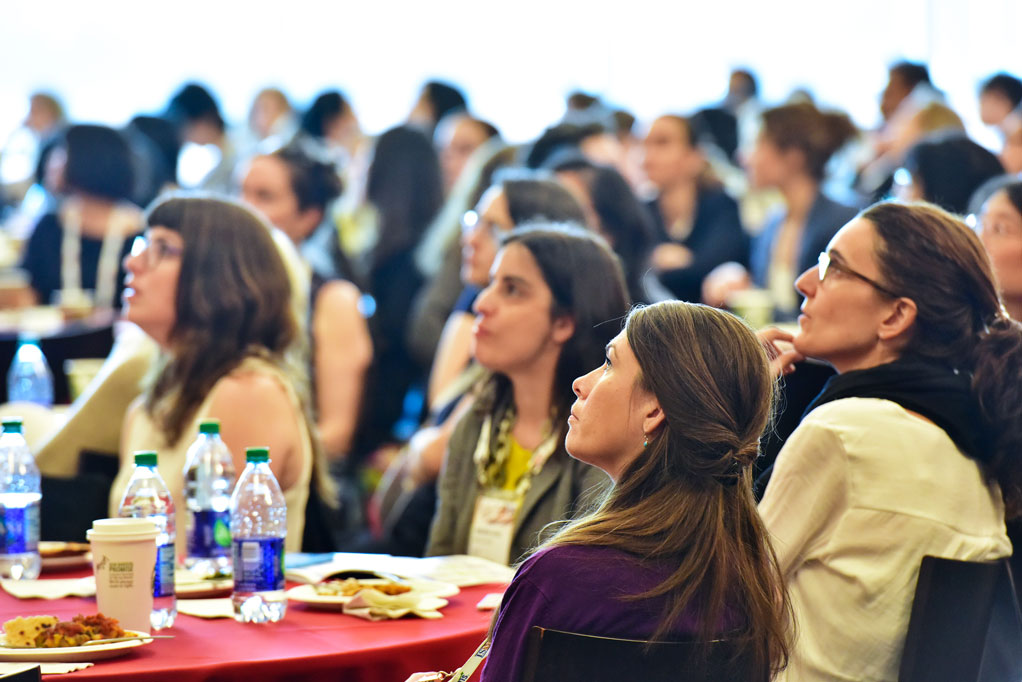Patricia S. Terry is currently the assistant director of Curriculum Management & Assessment at the Fox School of Business and serves as the Chair of the Fox/STHM School’s Diversity, Equity, & Inclusion Council. Patricia is a Temple alumna and earned her BA from the College of Liberal Arts. She is currently in pursuit of a graduate degree in education and a certificate in Intuitional Effectiveness from the College of Education and Human Development. Patricia has worked in higher education for over a decade focusing strategically on undergraduate curriculum, training, and assessment design.
As we recognize Women’s History Month and International Women’s Day on March 8, I could only think of one woman who exemplifies why we need to acknowledge the contributions women make every day to our society: my mother, Tuesylene Pratt.
My mother came to the United States in the late 1970s from Sierra Leone to join my father, who’d come a few years earlier to attend college at St. Joseph’s University. A 20-year-old woman who had never even left her country made the difficult decision to move thousands of miles away from all she’d known for love and an opportunity at a life she could not have in her homeland.
There were some things that were very important to my parents. The top of their list were three things: education, family and service. For my mother, though, serving others is not just what she did, it is who she is. For many years, she consistently gave money to her siblings back home to help with their children’s educational expenses. She volunteered in our community, at our church and at school. She recently retired from the Montgomery County, Maryland Department of Health and Human Services after a remarkable 25-year career as a social worker. I still remember many evenings she spent at our dining room table on the phone with clients, helping them with everything from late-night emergencies to something as simple as filling out a job application, long after her shift was over.
Now, if you asked her, she would tell you she was not anyone special or anyone who needed accolades for helping others, especially her own family. In her mind, if one could feasibly be an advocate and help others, why would you choose not to? This is why it is important to me as a professional in higher education to be of service to others. We know that education can transform lives, so if I can do anything to help our students, I am enthusiastically going to do my part.
Last year, I was given the incredible opportunity to serve as chair of the Fox School and School of Sport, Tourism and Hospitality Management (STHM) Diversity, Equity and Inclusion (DEI) Council. This role has allowed me to work with my colleagues across both schools and the university to ensure we consistently strive to improve the educational experiences of our students. I want to be a part of creating an environment where every person feels they are seen, heard and, most importantly, valued.
If there is one thing this role has given me, it is the opportunity to be in the room with decision-makers. As a woman of color, I am keenly aware of others in the professional spaces I occupy. Though I do think about the people there with me, I find myself thinking more about the people not in the room. Those that may be impacted by these decisions but were not given the chance to have a voice. So, as long as I have a seat at any table, I will be the advocate for those outside the room.
To prepare our students for the 21st-century work environment, it is imperative that they understand inclusivity and belonging. This needs to be demonstrated in the classroom as well as authentically reflected in our operations and culture at Fox and STHM.
We can display this by creating a culture that values all our stakeholders by being transparent and inclusive in our decision-making. Leaders throughout our community should be asking themselves, “Are we making truly informed decisions if we have not included the relevant stakeholders at the table? In the rooms where decisions are being made, am I creating a space where everyone can be authentic?”
So this Women’s History Month, I challenge all my colleagues to consider the spaces you occupy and how you can be an advocate for others. It might be just asking someone who does not regularly speak in your meetings what their thoughts are on the topic and giving them the opportunity to speak and be heard. You could ask the other people in the room to consider including other stakeholders in future conversations. You could even share pertinent information from meetings with the people these decisions will impact and solicit their feedback. In whatever ways you can use your position or influence to advocate for others, make a concerted effort to do it.
Even though I am sure she may not be in the history books, my mother’s story and the stories of many unknown and unseen women across the globe, deserve our recognition and gratitude. My mother’s legacy of service lives in me, my sisters and the countless lives she’s changed by advocating and supporting the people in her community both here and abroad.
My hope is that as we reflect on the many contributions women have made to the world this month, let us not forget the impact these personal interactions and opportunities may have on individuals who could become decision-makers and leaders in the future.

